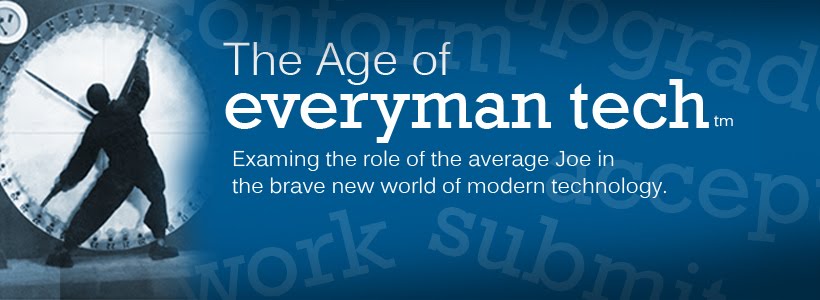SURVEY
Thanks for taking the time to complete it and your patience. There are "?" on many of the questions, you are strongly encouraged to click them to access more information about the question and subject matter.
Reference materials:
Yull, D., Blitz, L.V., Thompson, T.,
& Murray, C. (2014). Can we talk?
using community-based participatory action research to build family and school
partnerships with families of color. School
Community Journal, v24 (n2) 9-32. Retrieved from http://files.eric.ed.gov/fulltext/EJ1048538.pdf
Reiter, A. B., Davis,
S. N. (2011). Factors influencing pre-service teachers' beliefs about student
achievement:
Evaluation of a pre-Service teacher diversity awareness program. Multicultural Education. v19 (n3),
41-46. Retrieved from http://files.eric.ed.gov/fulltext/EJ955944.pdf
Gulamhussein, A. (2013). Teaching the teachers: Effective
professional development
in an era of high stakes
accountability.
Retrieved from http://www.centerforpubliceducation.org/Main-Menu/Staffingstudents/Teaching-the-Teachers-Effective-Professional-Development-in-an-Era-of-High-Stakes-Accountability/Teaching-the-Teachers-Full-Report.pdf
Lopes-Murphy, S. A. (2014). Experiences
in Postsecondary Education that may lead to cultural intelligence: Exploring
and proposing practices. International
Journal of Teaching and Learning in Higher Education, v26 (n2). 287-296.
Retrieved from https://files.eric.ed.gov/fulltext/EJ1060833.pdf
Moloney, R., Saltmarsh, D. (2016). "Knowing
your students" in the culturally and linguistically
diverse classroom. Australian Journal of Teacher Education, v41 (n4), Article 5.
Retrieved from http://files.eric.ed.gov/fulltext/EJ1098117.pdf.
Sandell, E. J., Tupy, S. J. (2015). Where
cultural competency begins: Changes in undergraduate
students' intercultural competency. International Journal of Teaching and Learning in Higher
Education, v27 ( n3), 364-381. Retrieved
from http://files.eric.ed.gov/fulltext/EJ1093756.pdf
Villegas, A.M. (1988). School
failure and cultural mismatch: Another view. The Urban Review, v20 (issue 4) 253-265. Retrieved from http://link.springer.com/article/10.1007/BF01120137
Yang, Y., Montgomery, D. (2011). Behind
cultural competence: The role of causal attribution in multicultural teacher
education. Australian Journal of Teacher
Education, v36 (n9). 1-21. Retrieved from http://files.eric.ed.gov/fulltext/EJ940861.pdf
Villegas, A.M. (1988). School
failure and cultural mismatch: Another view. The Urban Review, v20 (issue 4) 253-265. Retrieved from http://link.springer.com/article/10.1007/BF01120137
Salerno, A. S., Kibler, A. K.
(2013). Before they teach: How pre-service
teachers plan for
linguistically diverse students. Teacher Education Quarterly, v40 ( n4),5-26. Retrieved from http://files.eric.ed.gov/fulltext/EJ1072105.pdf
Lin, M., Lake, V. E., Rice, D.
(2008). Teaching anti-bias curriculum in teacher education programs: What and how.
Teacher Education Quarterly, v35 (n2)
187-200. Retrieved from http://files.eric.ed.gov/fulltext/EJ817318.pdf
john
